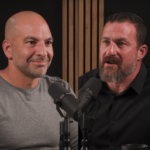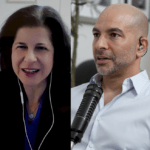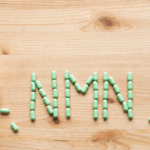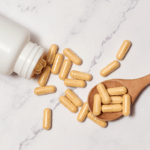
The potential of probiotics in promoting female health
Maintaining a healthy vaginal microbiome is key for female urogenital health, and existing evidence suggests that probiotics may be beneficial
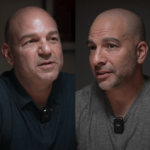
#264 ‒ Hip, knee, ankle, and foot: diagnosis, treatment, and surgery of the lower extremities | Adam Cohen, M.D.
“Just like we talked about in the shoulder, and the knee, and the hip, any mechanical trauma to the joint puts you at increased risk for arthritis of that joint.” —Adam Cohen
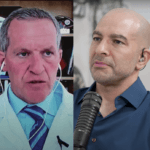
#263 ‒ Concussions and head trauma: symptoms, treatment, and recovery | Micky Collins, Ph.D.
“If you bring me a patient with concussion, I can pretty much tell you I can get that patient better. There are highly effective treatments with this injury.” —Micky Collins

First anti-inflammatory medication approved for treatment of ASCVD
Low-dose colchicine, an anti-inflammatory drug, was recently approved by the FDA to reduce risk of cardiovascular events
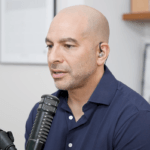
#262 – AMA #49: Heart rate recovery, strength training, rucking, kidney function, and brain health
“[Heart rate recovery] is one of the metrics that we should care about just as we care about VO2 max and just as we care about resting heart rate.” —Peter Attia

#260 ‒ Men’s Sexual Health: why it matters, what can go wrong, and how to fix it | Mohit Khera, M.D., M.B.A., M.P.H.
“Clinicians don’t ask about it. Patients are embarrassed to ask about it. And that’s the suffering in silence.” —Mohit Khera
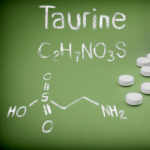
Taurine improves the health and longevity of mice and monkeys – but what about humans?
A new study set off a media storm over taurine’s potential in delaying aging and extending lifespan. Great news – if you’re a mouse.


